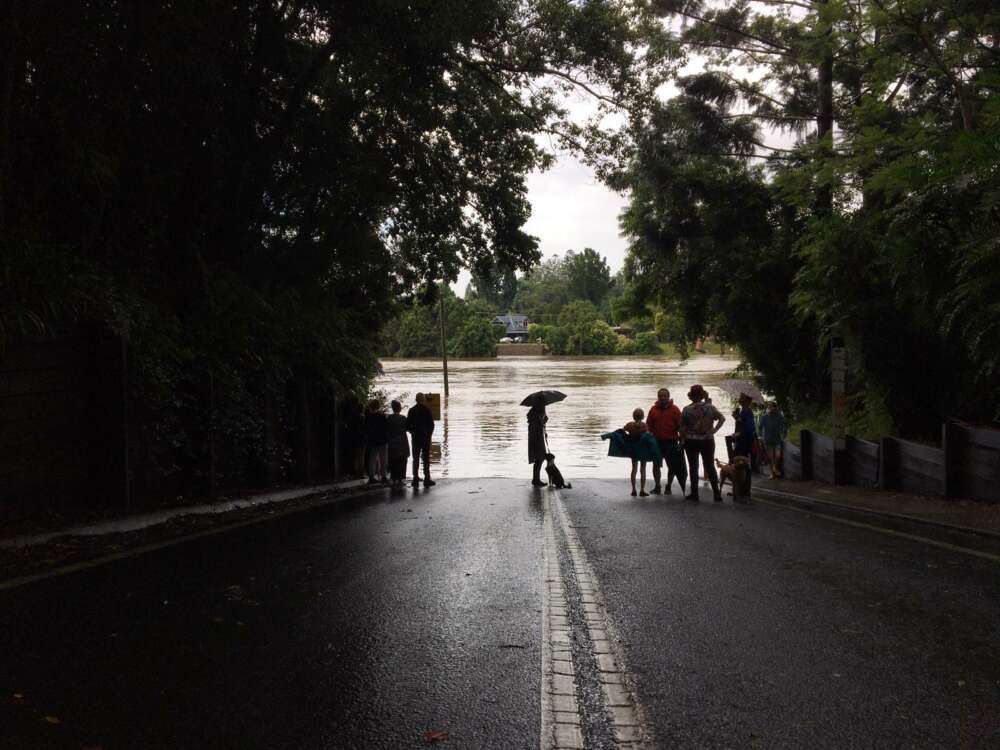
At a time when more lives are being turned upside down, and as we look towards how to respond, it’s important to understand: what is the difference between grief and trauma?
In the last few weeks our screens have been bombarded with news of floods, war and the continuation of a pandemic. For those directly affected, these sudden and shocking events can be both traumatic and filled with grief.
According to experts, grief is a natural response to loss – whether it is a loved one, relationship, job or other. Commonly, there are stages that a person moves through, and generally, through support, rituals and making meaning from the loss, grief is integrated over time.
With trauma, something feels broken. Trauma expert Dr. Gabor Maté suggests that trauma is overwhelming by definition; therefore, people feel stuck and incapable of making sense of what’s occurred. Central to trauma, the experience can’t be integrated which makes it difficult to move from the past and be in the present.
According to Phoenix Australia, Centre for Posttraumatic Health, sufferers are pulled back into the event, a process typically characterised by distressing images or memories playing over in the mind, leaving the world feeling unpredictable and unsafe.
It is not uncommon for someone to experience both grief and trauma. However, because trauma involves the loss of a sense of wholeness on some level, it’s understood that you can have grief without trauma but you cannot have trauma without grief. Some further distinguishing elements:
- Trauma feels unreal. Grief feels real
- Fear is the dominant emotion with trauma. With grief, sadness
- Because trauma stems from an incapacity to comprehend and integrate an experience, it can sometimes inhibit or completely block a natural grieving process
- Working with grief involves creating the space to allow and process emotions, acknowledging present and future losses, normalising changes, mobilising supports and over time, integrating losses through meaning making
- Responding to trauma similarly requires process work, as well as psycho-education, down regulating the fight/flight response and teaching safety strategies prior to processing the trauma.
To find out more about grief or trauma, and get a better sense of the resources available for supporting those in need, take a look at the websites below:
Recovering from Trauma – Phoenix Australia
Bessel van der Kolk – Trauma, the Body, and 2021 | The On Being Project
There’s more resources to help you in our article Podcasts to help with grief
And to read from our library of more than 100 articles that can support you through your grief, go to our Resource Hub and then select I am experiencing Grief.
